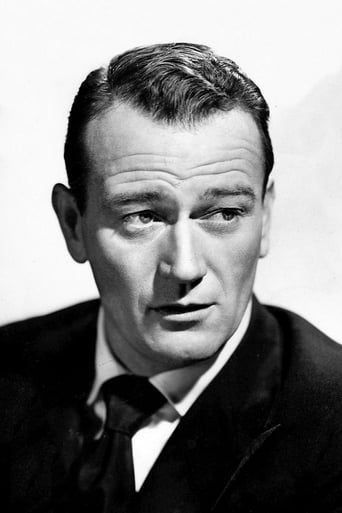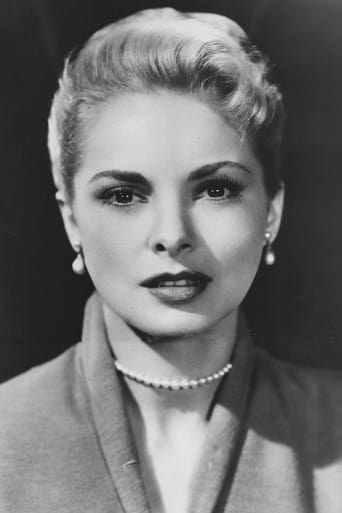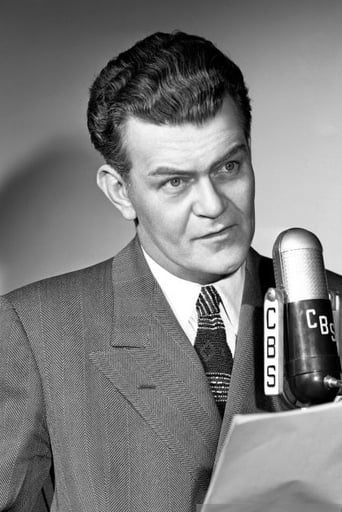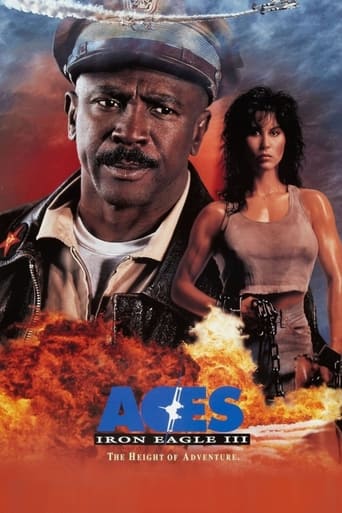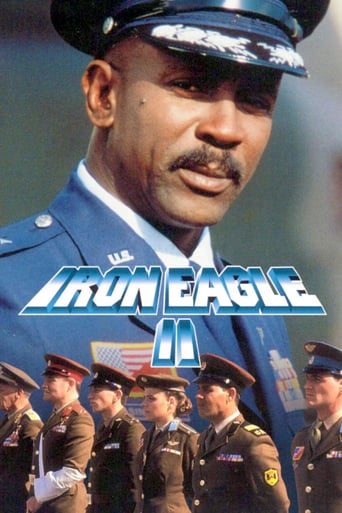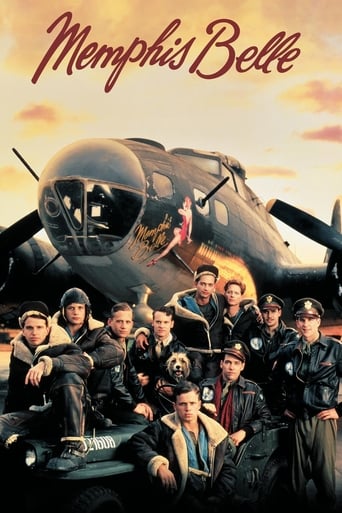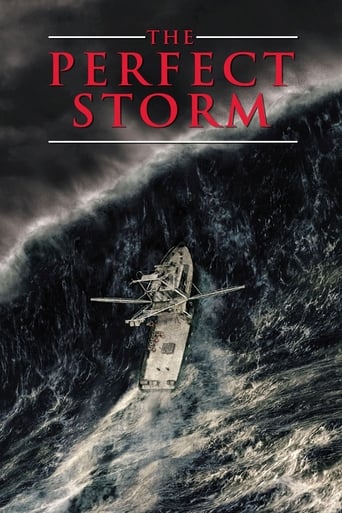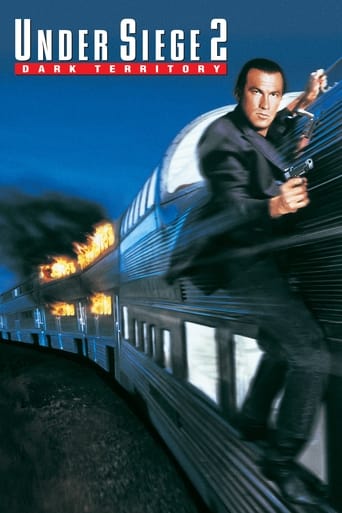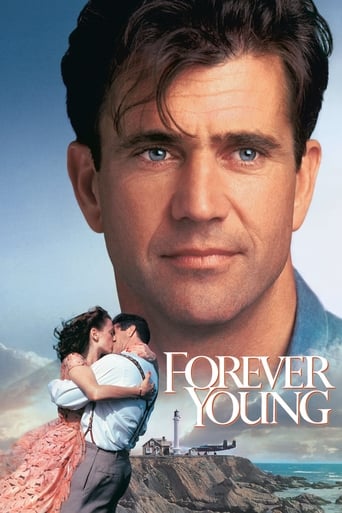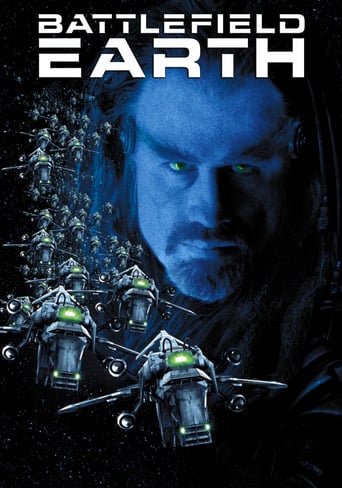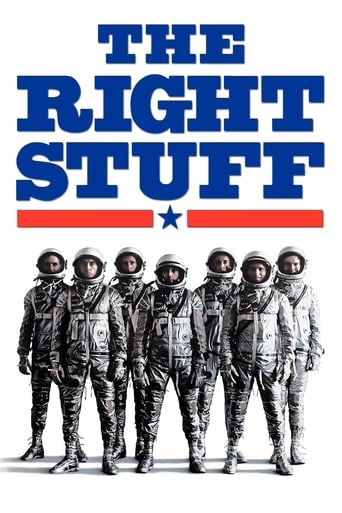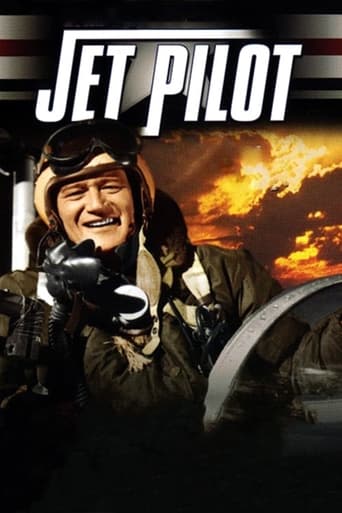
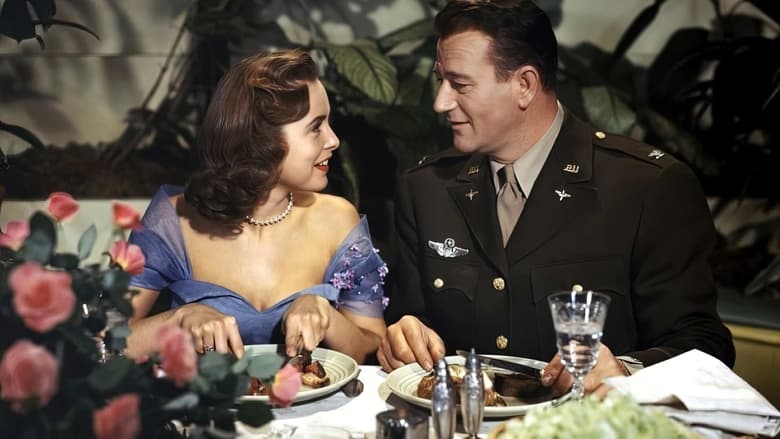
Jet Pilot (1957)
John Wayne stars as U.S. Air Force aviator Jim Shannon, who's tasked with escorting a Soviet pilot (Janet Leigh) claiming -- at the height of the Cold War -- that she wants to defect. After falling in love with and wedding the fetching flyer, Shannon learns from his superiors that she's a spy on a mission to extract military secrets. To save his new wife from prison and deportation, Shannon devises a risky plan in this 1957 drama.
Watch Trailer
Cast
Similar titles

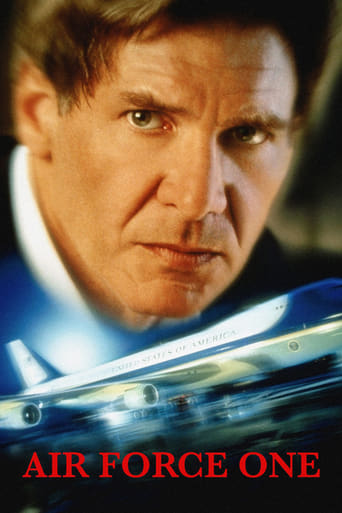
Reviews
Such a frustrating disappointment
Instead, you get a movie that's enjoyable enough, but leaves you feeling like it could have been much, much more.
I cannot think of one single thing that I would change about this film. The acting is incomparable, the directing deft, and the writing poignantly brilliant.
It's easily one of the freshest, sharpest and most enjoyable films of this year.
. . . John Wayne compliments Janet Leigh on her JET PILOT producer Howard Hughes-designed twin-torpedo brassiere. She's just taken a shower in his bathroom without Norman Bates intervening, while Mr. Wayne struggles to debrief her (as the KGB lingerie budget for vixen triple agents seems rather skimpy). Soon Wayne's colonel character gets shanghaied into sleeping with the enemy, despite complaining, "General, I'm a jet man--NOT a gigolo!" Certainly this is true throughout Rooster's film career. He always looked like a fish-out-of-water around women, unless they were "tomboys" who behaved like "one of the guys." So when John feeds Janet one of his likely Real Life pick-up lines, such as, "Lady, you sure are the Peruvian donuts," it's not hard to see why none of his many Real Life wives were native speakers of English. The general is assured that the aged 50-plus colonel will enjoy "perfect sex antagonism" with Leigh's triple agent Anna-Olga-Nestingdoll because of their Generation Gap (she's almost old enough to be Wayne's late-life "accidental" daughter, slightly grown up). However, the beauty of this flick's casting is that puzzling over this February-December pairing distracts some viewers from second-guessing whether Wayne strikes them as being likely for the other half of his gigolo equation: that is, a JET PILOT.
Its difficult to believe that Josef Von Sternberg, the great master of atmospheric romances, the man who helmed Marlene Dietrich through all her great early 1930s films--The Blue Angel, Morocco and Shanghai Express--was supposed to have been around to direct this shambles; while fans of John Wayne who will accept almost anything The Duke appeared in may be pleased to see him outwit Russian spy Janet Leigh in really impressive Technicolor, and may be happy to see the incredibly grand jet fighter footage probably provided courtesy of Howard Hughes, those of us who want a little believability with our tales may find it difficult to accept Janet Leigh as a Russian spy with perfect Hollywood articulation, especially when wrapped up in some maroon and gold sparkly drag from what might be an old Maria Montez jungle epic; the best Russian vs. American conflict remains Garbo vs. Douglas in Ninotcha, with scintillating dialogue and brilliant repartee. This doesn't even come close to that witty classic; it's mostly silly mock-heroic stuff that does go on and on. On the plus side, the aerial footage, the spectacular shots of jets in the clouds can be breathtaking, and are almost worth the nearly two hour running time
Once he ended his professional relationship with Paramount and Marlene Dietrich, Josef von Sternberg was unable to develop projects. A confessed admirer of everything Japanese, he made a trip in 1936 to Tokyo where he discussed the possibility of a new film, impeded by the next world war; he did not finish a version of "I, Claudius" that he had started in 1937 in London; and in the next decade he could only make "The Shanghai Gesture" (1941), a film that enjoys today a deserved cult following, and a short for the U.S. government, "The Town". Then in the 1950s he directed his last three films, two of which brought him new problems with the studios, where he had no control of what he shot, unlike his final work, "The Saga of Anatahan". In the other two films, "Jet Pilot" and "Macao", made for RKO, its owner, Howard Hughes, hampered the creative process, as usual. As "Trivia" tell us, due to his interest in aviation Hughes also wanted to produce a show of the latest advances in aeronautical technology, but when the film was released the planes on the screen were old fashioned (only experts can tell this, for me they seem war airplanes all the same). Sternberg's Hughesian hell began with "Jet Pilot", which was supposedly finished in 1950. But Hughes continued making changes until 1953, and the film was released in 1957. By then Hughes had sold RKO, but he had had enough time to change it to his liking. Written by Jules Furthman, "Jet Pilot" is a cross between a screwball comedy and one of those Cold War atrocities dealing with the fear to the "Red Menace": the communist Soviet Union. The anti-Soviet barrage was frequently more stupid than brilliant and if it came from American minds, hands or mouths, the result was worst (than the funny satires of Don Camillo, for example). The vociferous jingoism and proto-Fascist patriotism was disguised as chic efficacy, "democracy" and a few more idiocies. Right-wing to the bone, John Wayne enjoyed every minute of it and it shows, but at least it is nice to see him laugh for a change, while he falls for a pilot (Janet Leigh) who has defected from the USSR. She turns out to be a spy, but everything will turn out well, as in a not too distant Doris Day vehicle. In the last shot there is a memorable line of dumb dialog when, while she eats a beefsteak, Janet tells John that all she wanted to communicate to her fellow Russians is that "not everything is war". Sure, it is also beef, but the one who wrote it forgot about Hiroshima. Maybe as a prize, Hughes let Furthman (who wrote the line) direct a few additional scenes, as he and others did to no avail.
What a fun film this turned out to be. I don't recall it at all from my high school days in 1957, and now having seen it in my retirement years, "Jet Pilot" is a very entertaining movie. The history of this film, from its making in 1950 and delayed release until 1957 is interesting in itself. Thanks to those reviewers who added to that background.The flying sequences with all the aerial antics are excellent. Howard Hughes was known for his interest and work in aviation, so his interest in producing this movie is obvious. It would be interesting to know some of the politics or other hidden details behind the film's delayed release of so many years. How much of a concern might there have been in Washington about a film like this during the early months of the Korean War (then called "conflict")? To those whose sons, husbands or brothers were in peril on the battlefields of Korea, a film with humor about the Cold War could be seen as dispassionate. The world was just five years beyond the end of World War II, and it was still fresh in the minds of most. The extent of the atrocities of the Holocaust was still being unveiled. Likewise, the horrors and effects of the atomic bombs dropped on Japan to end World War II in 1945. Were there other reasons for holding this film back?Whatever the reason, by the time of its release, "Jet Pilot" was clearly the first tongue-in-cheek treatment of the Cold War and Soviet Union that would reach its zenith in 1964 with "Dr. Strangelove." More than half a century later, the flying scenes in "Jet Pilot" are exciting and fun to watch. With all of the supersonic developments in aviation and all the space missions in the past half century, most of us still don't move at the speed of jet fighters when traveling. So, the film isn't outdated to that extent. As for plot and script, I think this movie may indeed have been ahead of its time. Anyone with a sense of humor has to appreciate the obvious spoofing in this film. The idea that the U.S. would let a dubious Soviet defector fly any aircraft she wanted, and have free reign to go where she wanted around military bases in 1950 is itself so preposterous that even a modern-day Scrooge would have to laugh. In its day, the humor of that would not have been lost, and most audiences by 1957 surely would have been able to enjoy the obvious word play, characterizations and humorous jabs throughout the script. John Wayne and Janet Leigh especially added to the humor with their facial expressions and sometimes subtle, sometimes obvious comedic nuances. The supporting cast did likewise – check out the laid back almost nonchalant attitudes of the FBI and CIA agents. That some reviewers could not see the intentional spoofing in this film – by director, writer, actors and all, is puzzling. Maybe some have lost all sense of humor. Anyway, the film makers gave us sufficient obvious signals – Leigh's miscues on Wayne's baloney, bird hatching and other idiomatic references. And then, to be sure the audience didn't miss its laugh, each one of those was followed with Paul Fix giving Leigh some other concocted explanation for what Wayne had said. Another laugh, bigger than the first. In 1962, Agent 007 gave birth to the James Bond movies in "Dr. No." Ian Fleming's and later writers' subsequent stories have continued to entertain audiences with their mixture of mystery, action, romance and humor for half a century. And the humor is usually in the form of spoofery. Anyone who has enjoyed the James Bond franchise of films will enjoy "Jet Pilot." It's a milder form of this mixed genre. Who knows, it may even have influenced the James Bond producers. Clearly, all involved in this film were having fun. So, enjoy it yourself. Just don't take it any more seriously than you would a James Bond movie.
